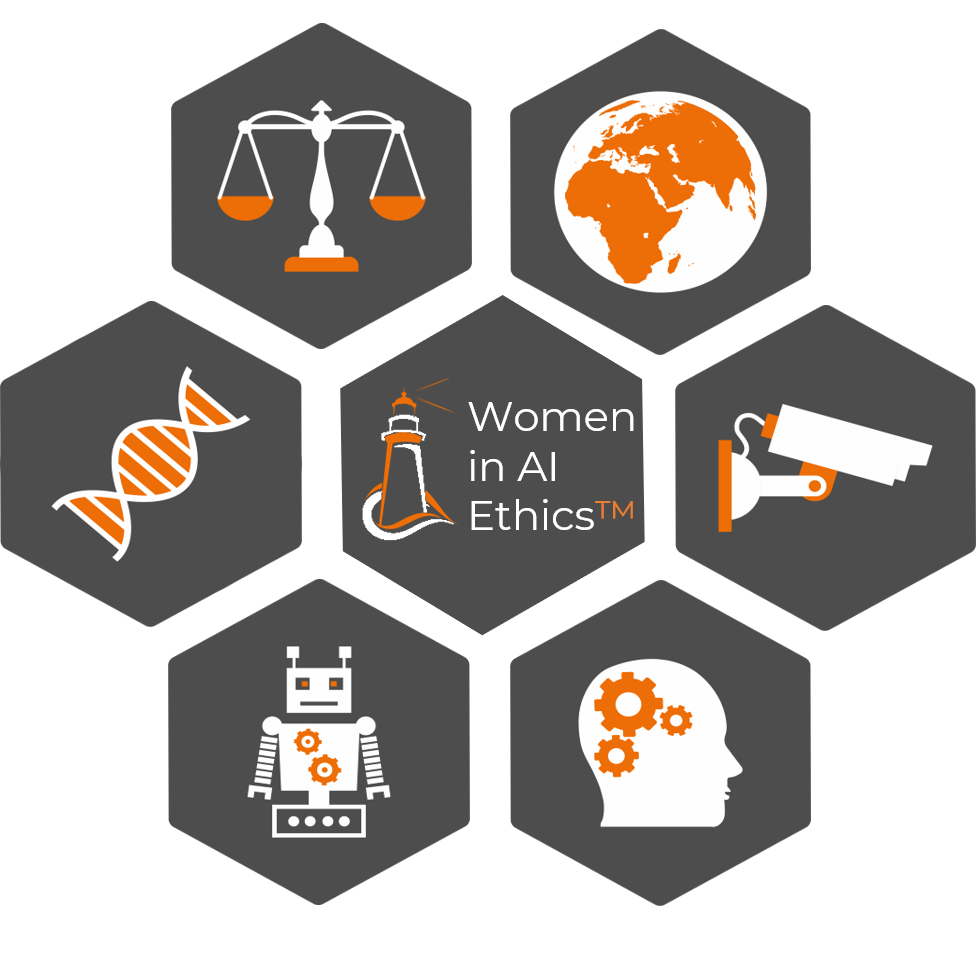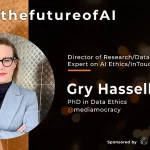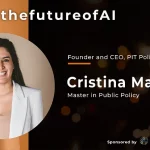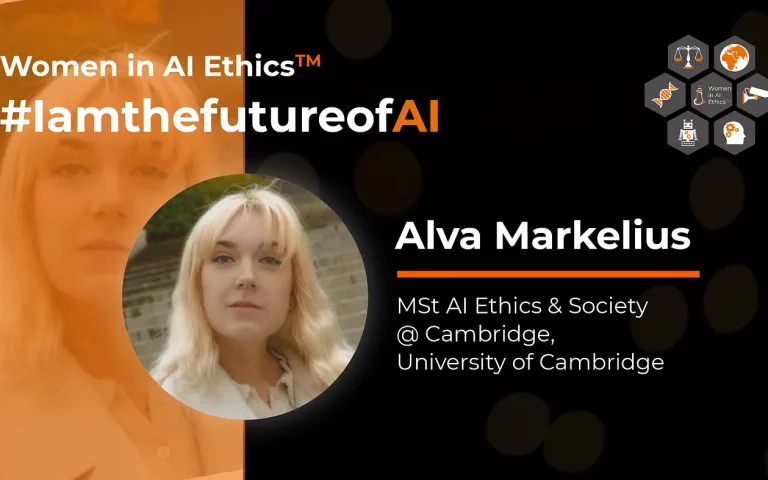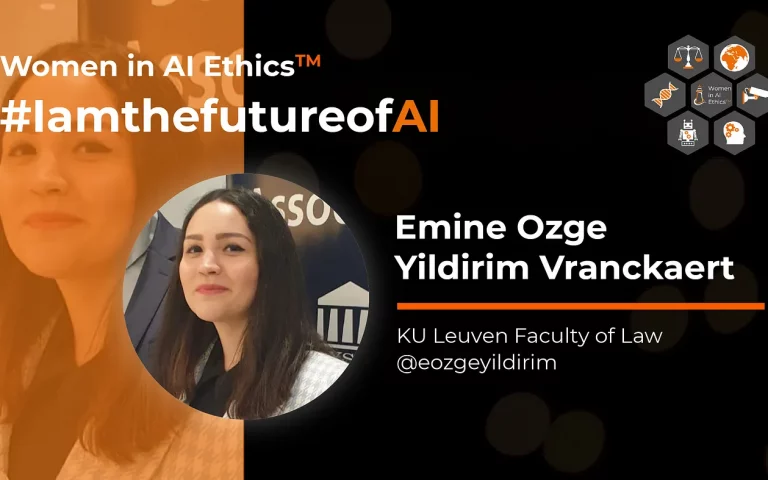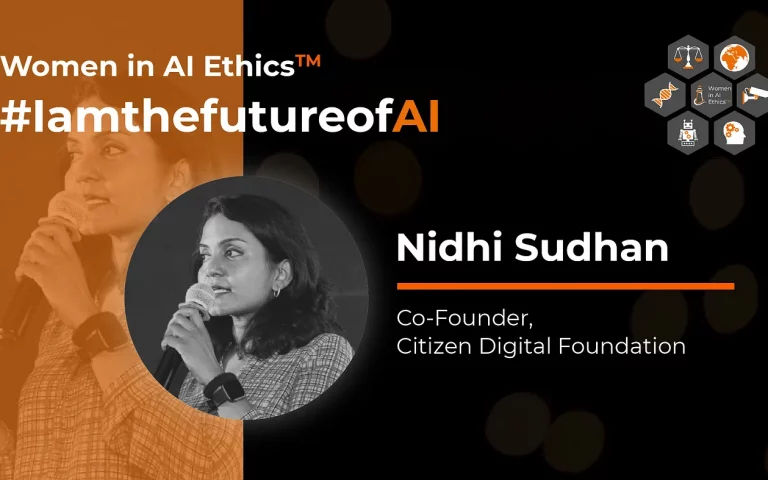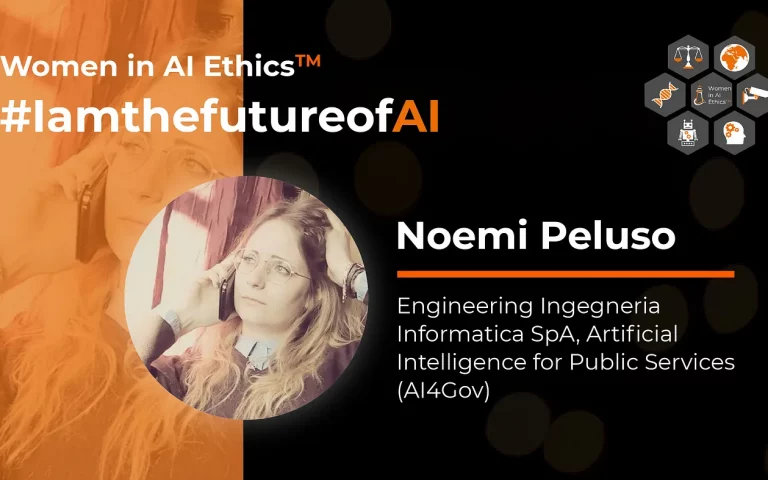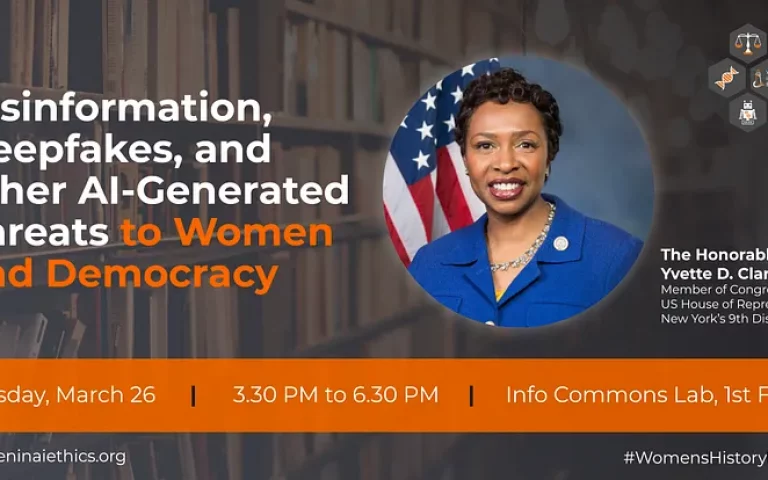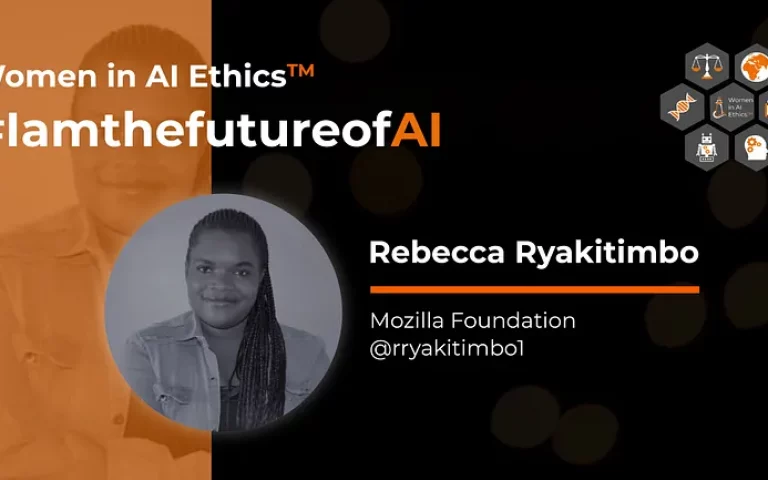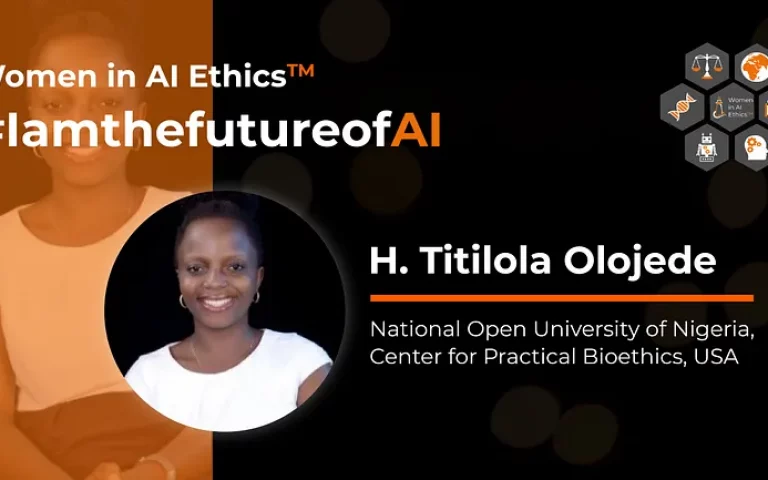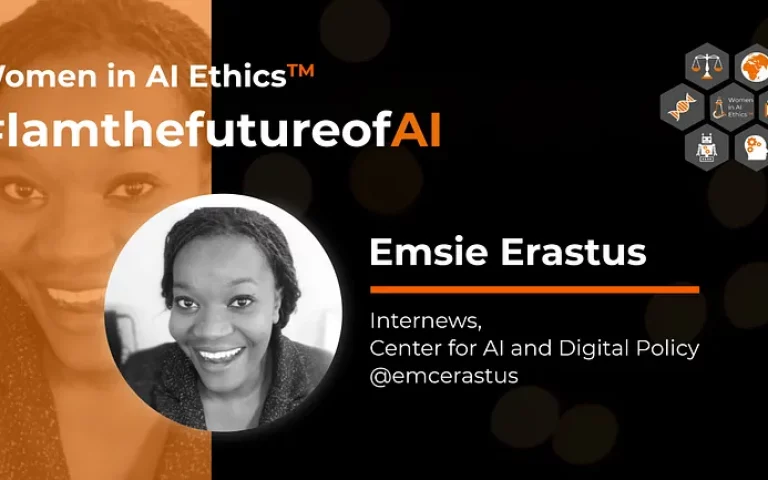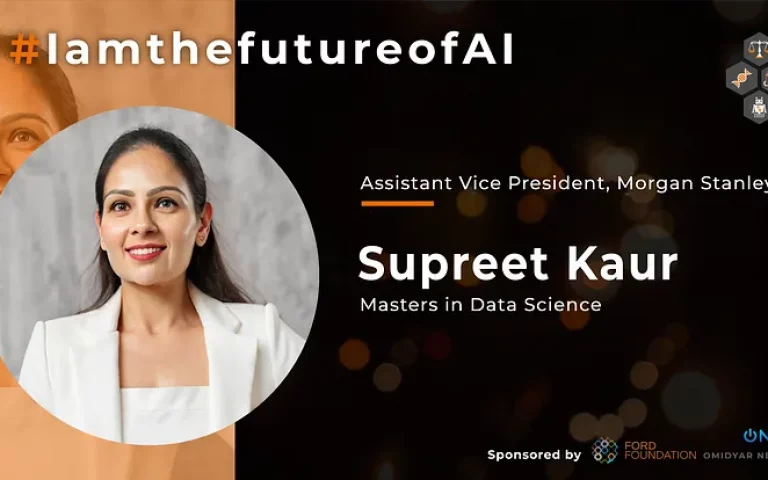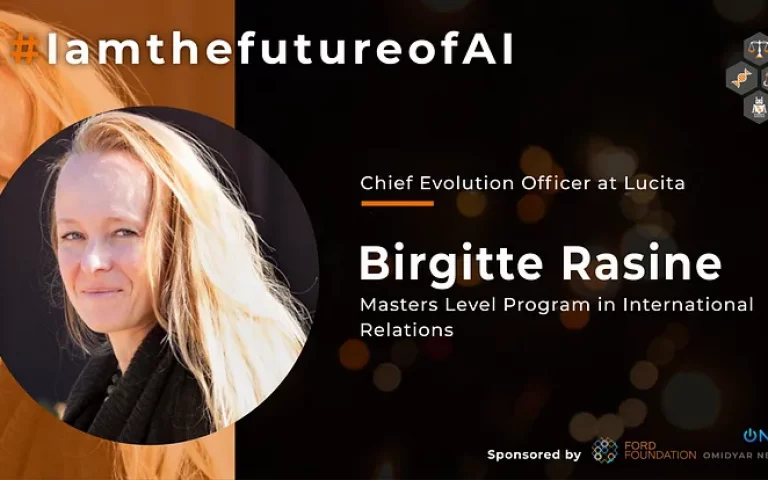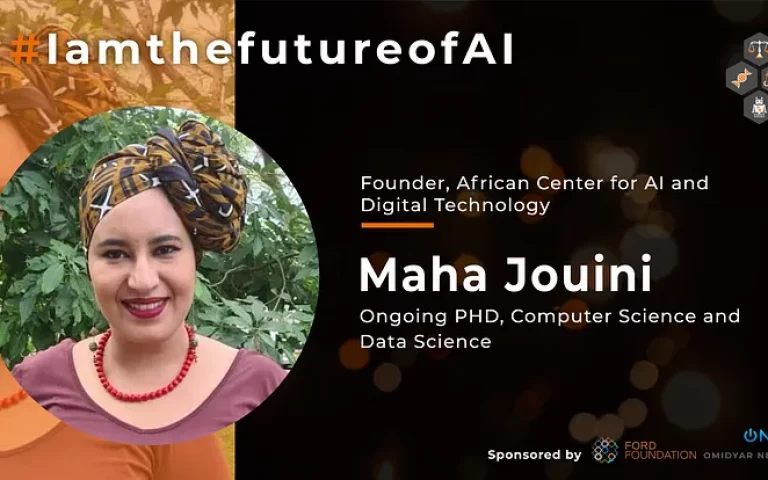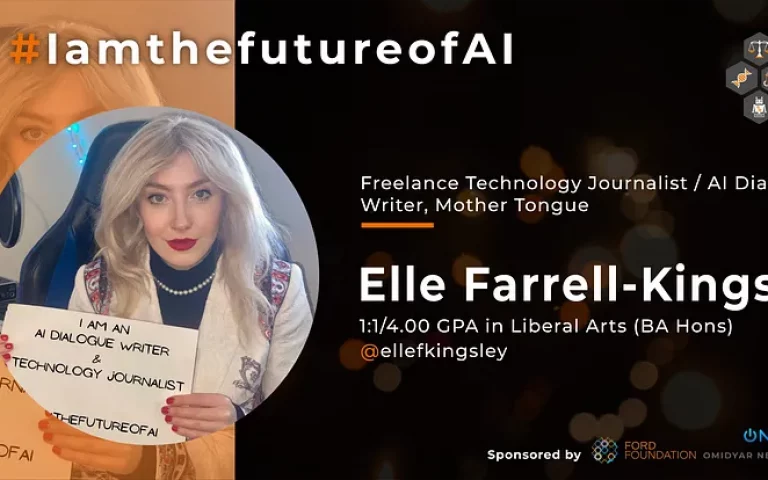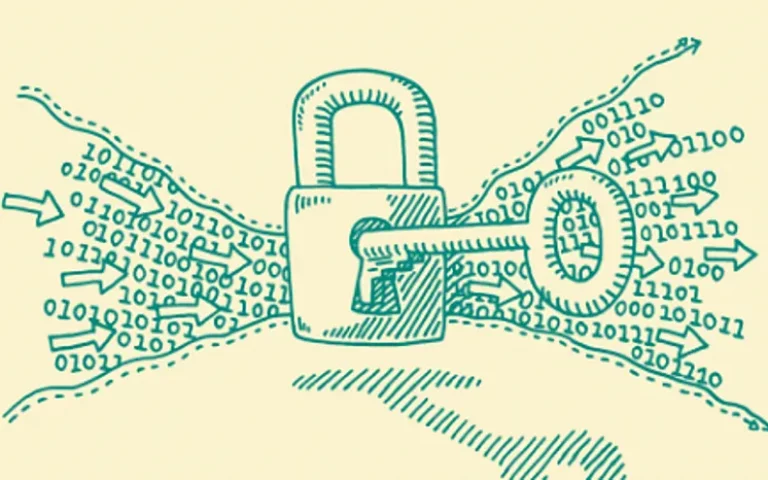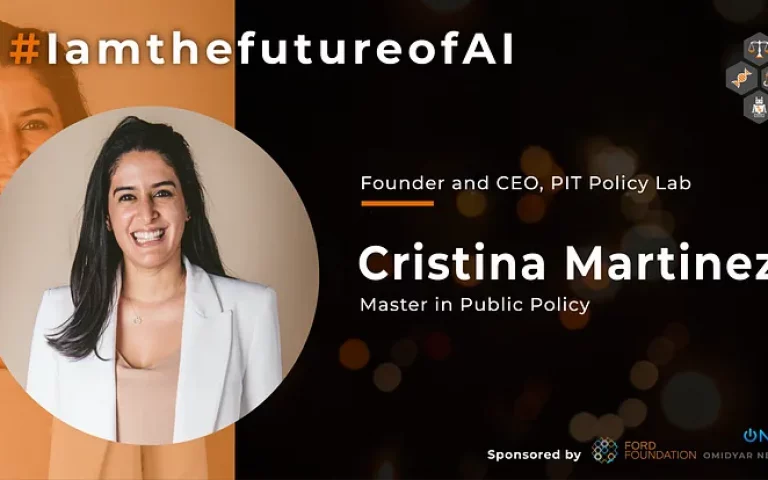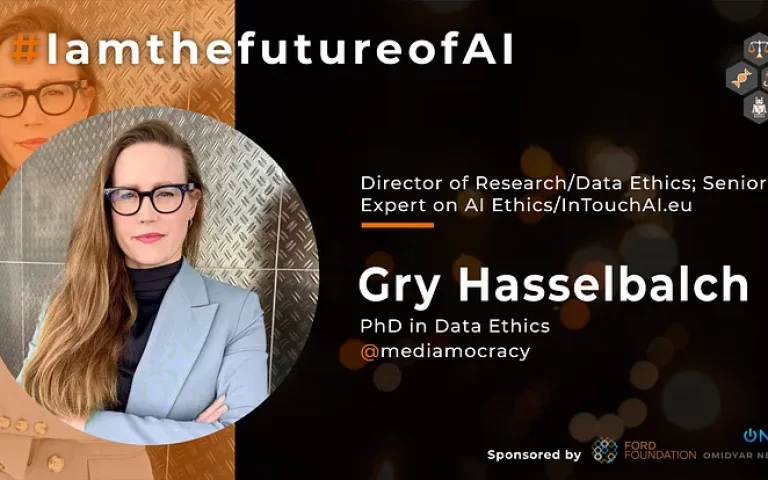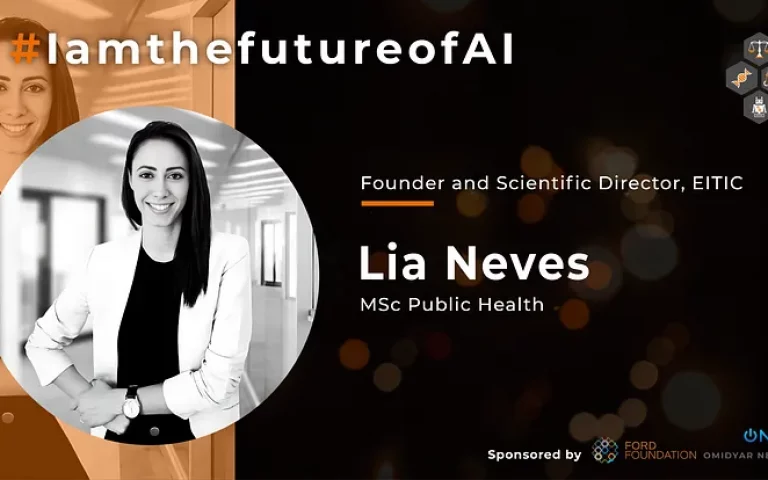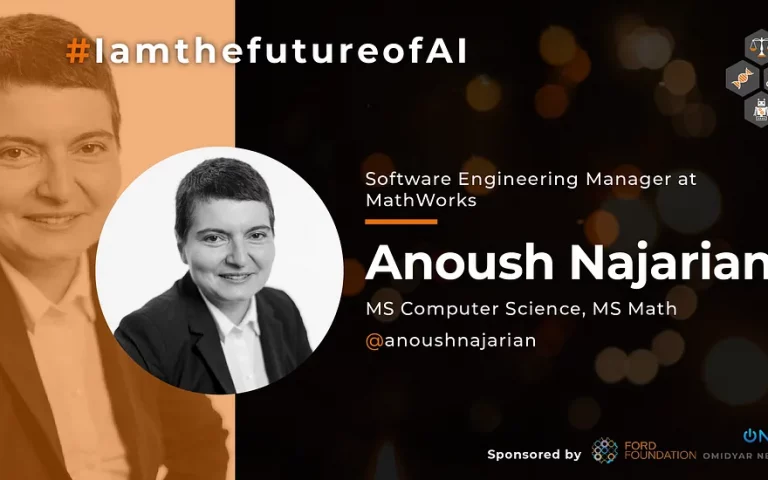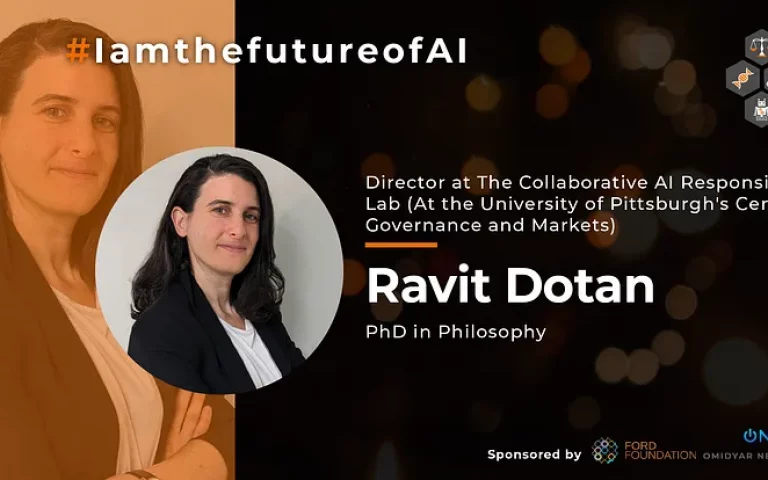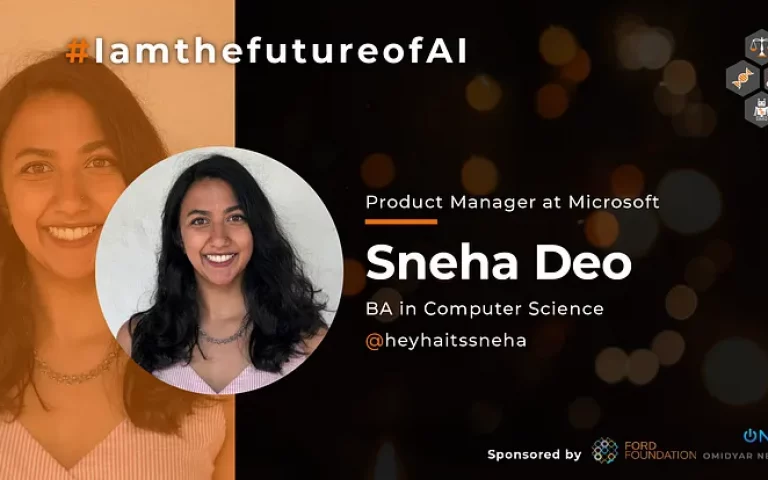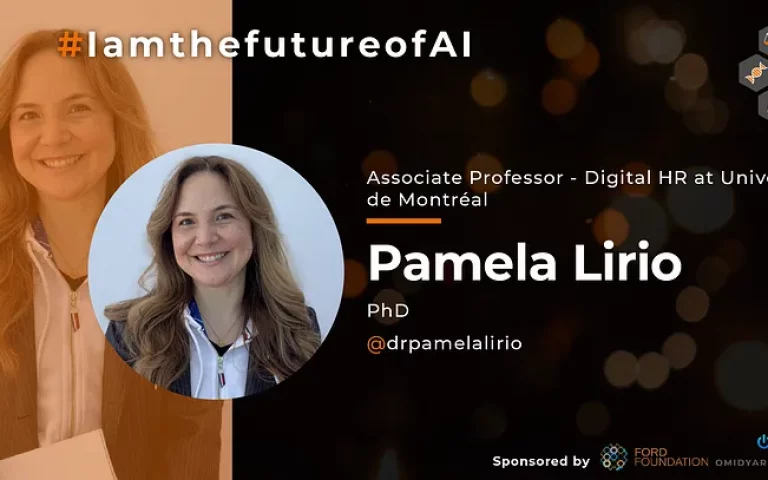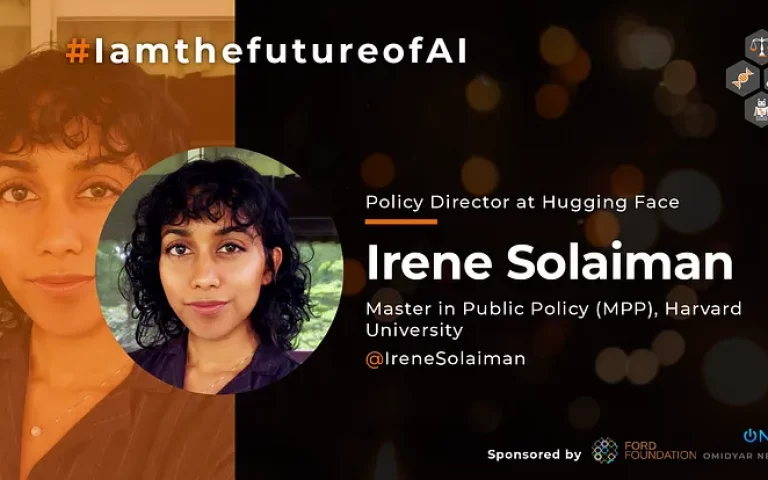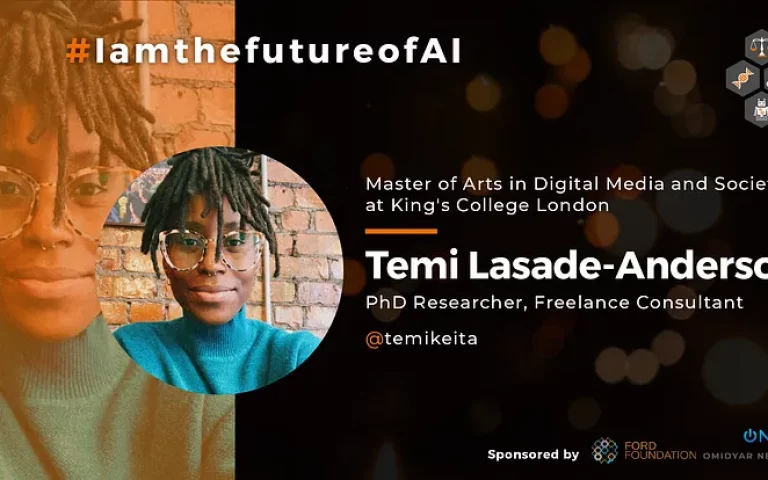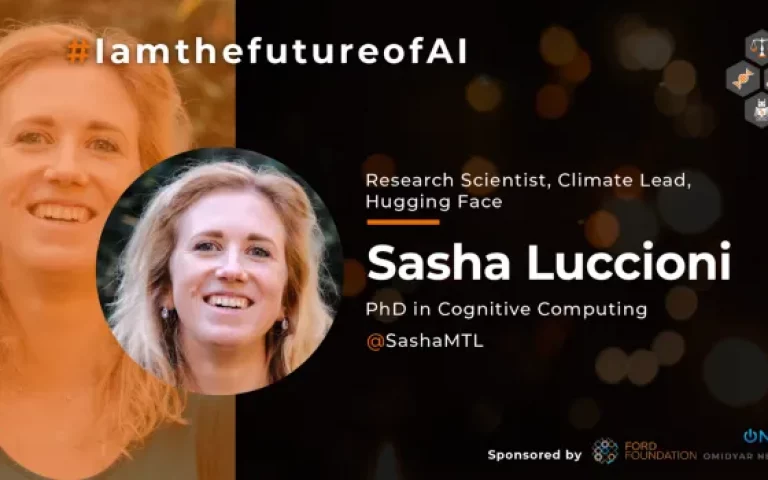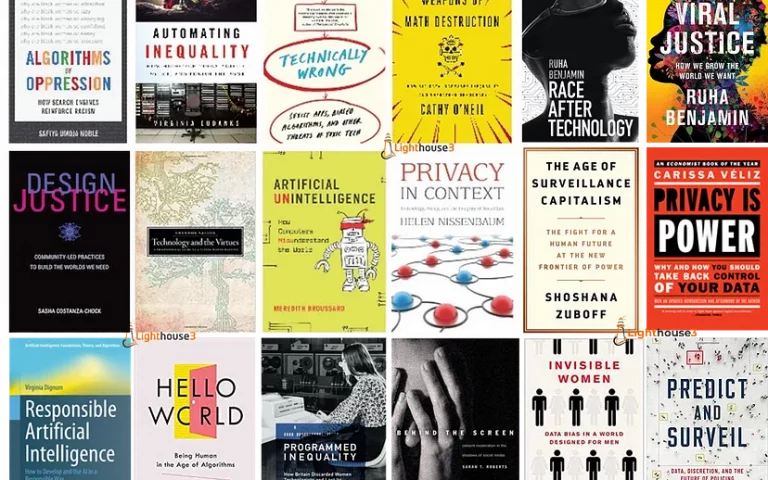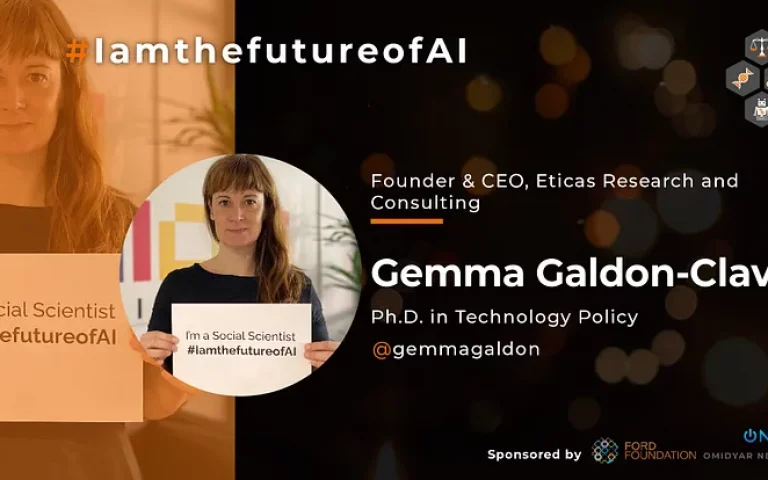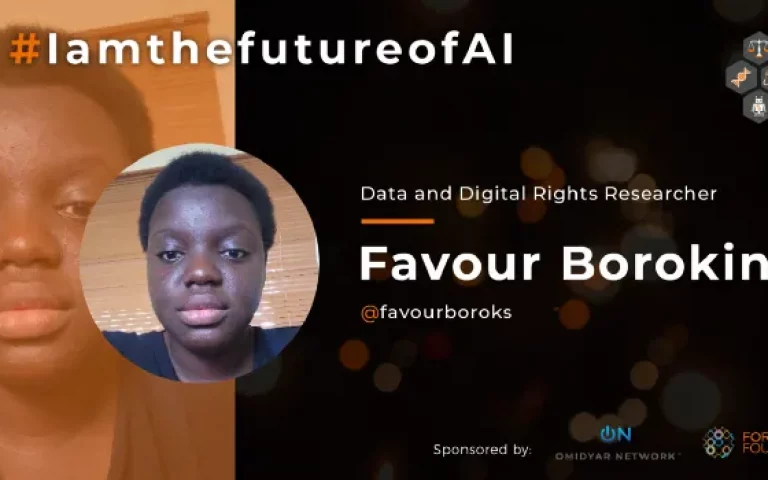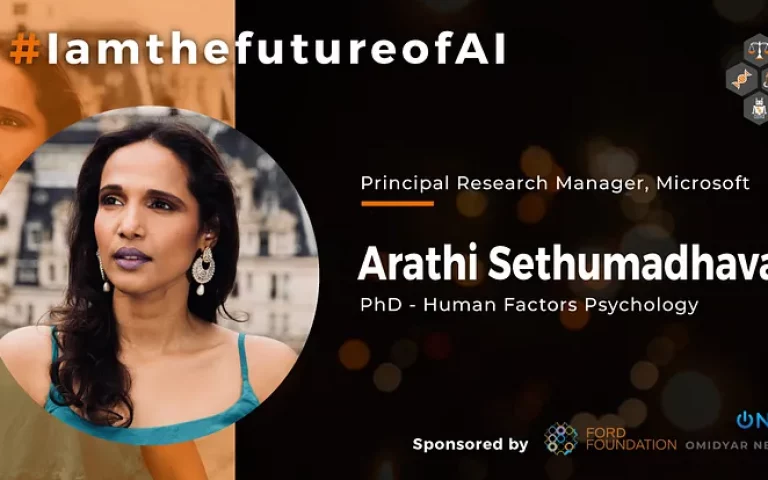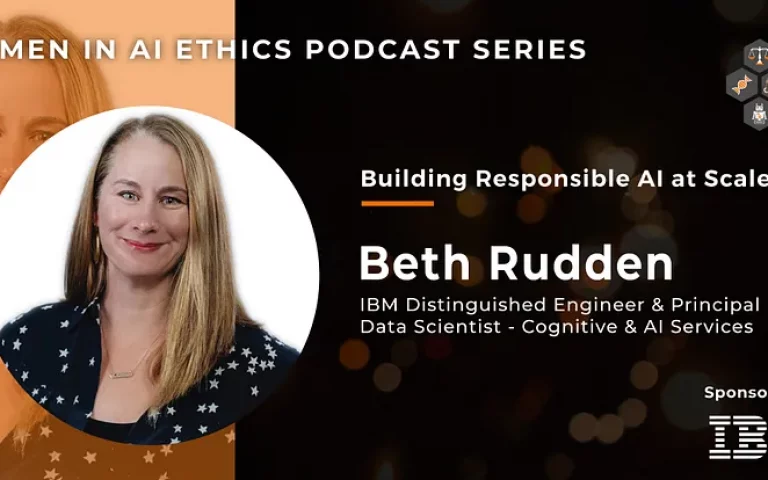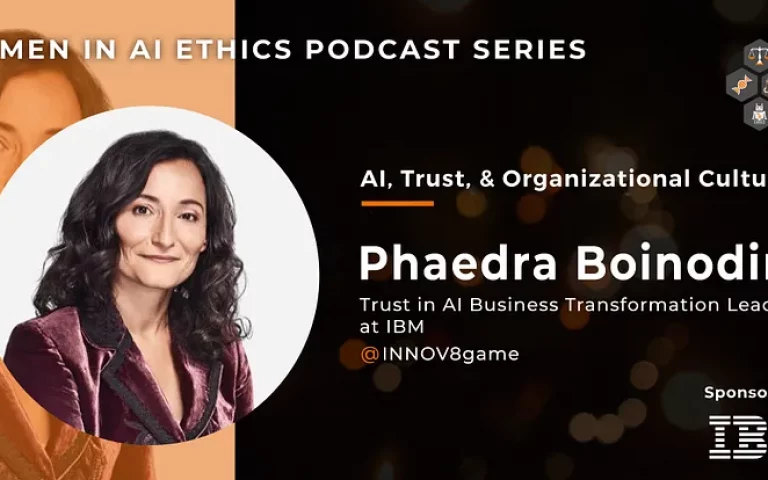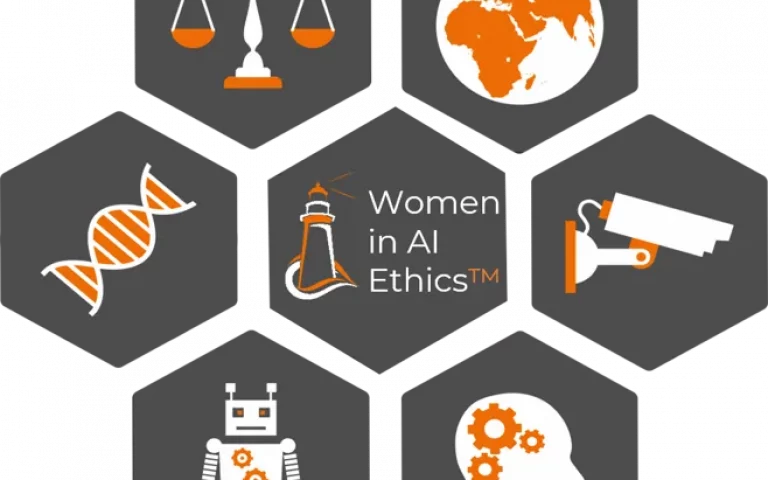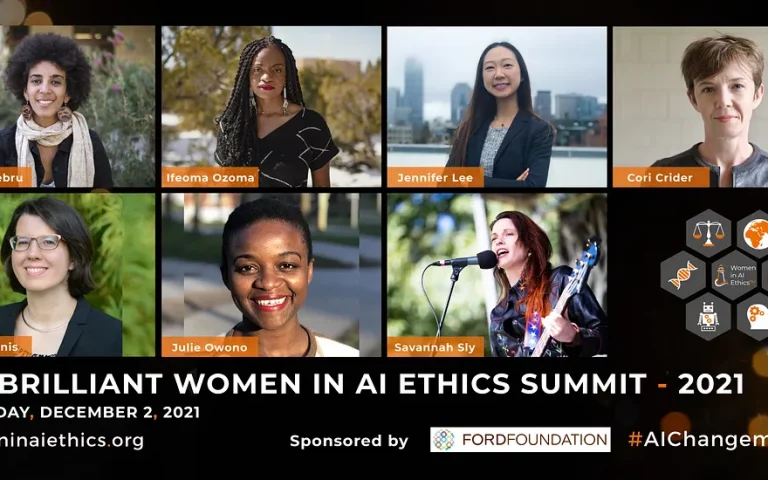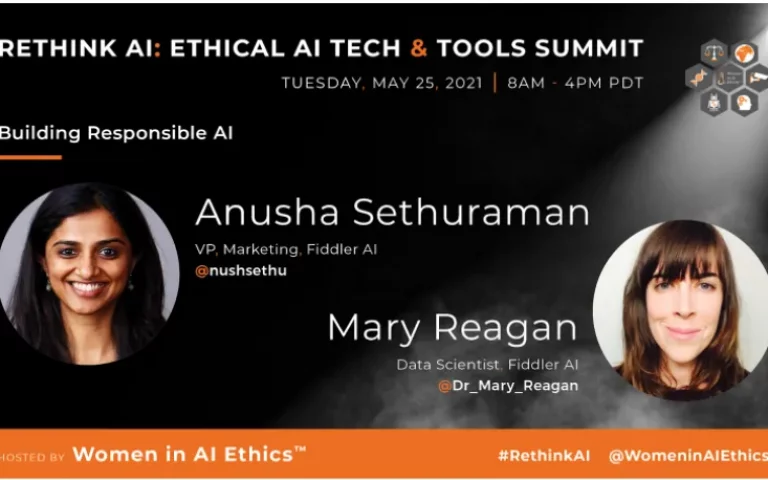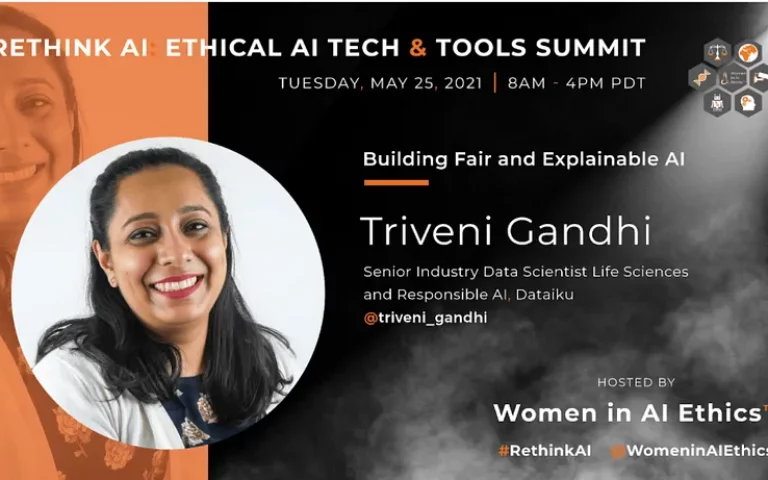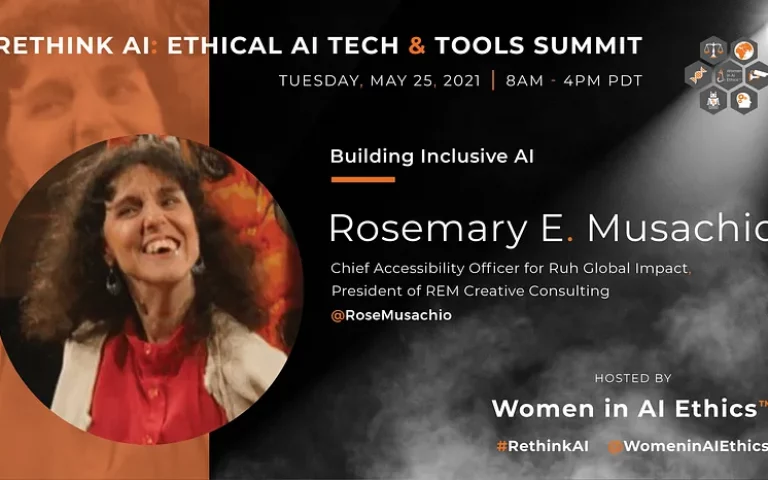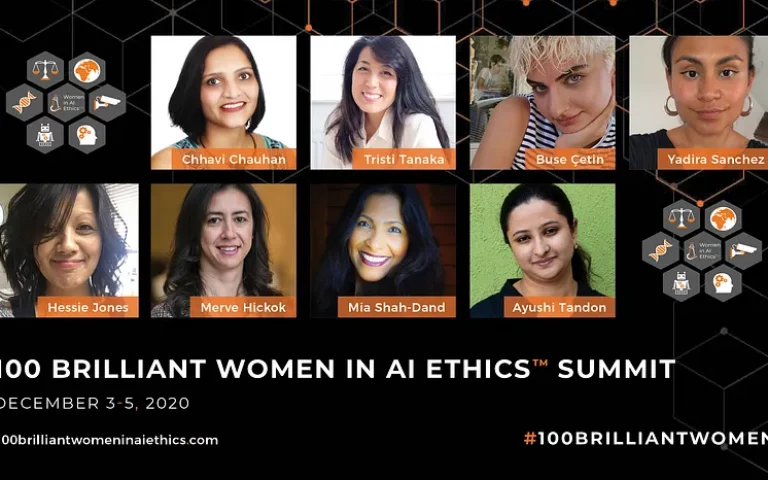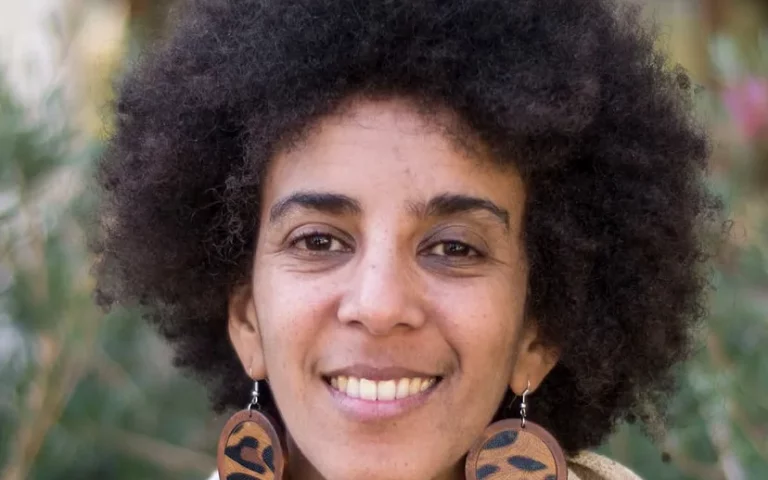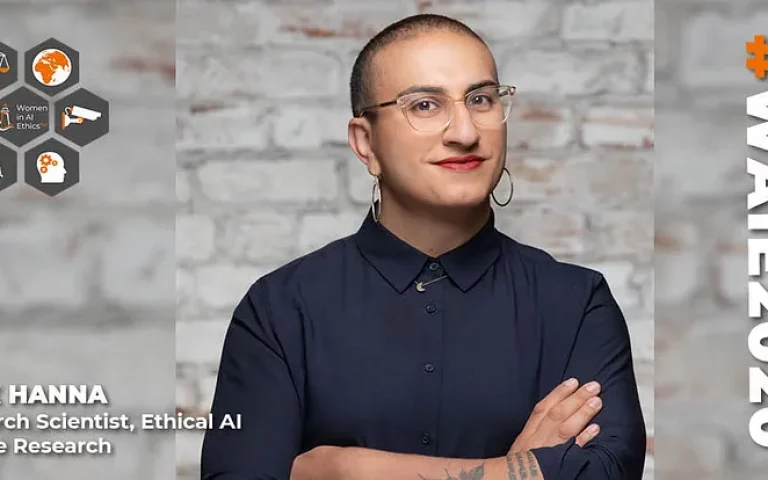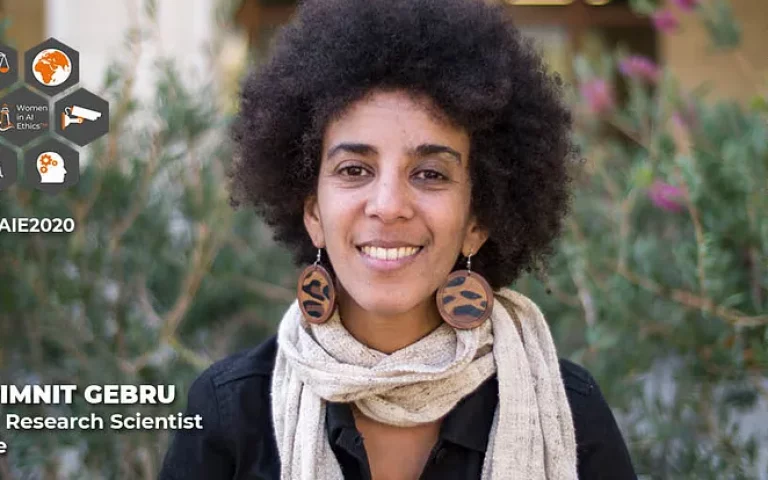In the fast-evolving landscape of artificial intelligence (AI), it is crucial to gain insights from professionals who have navigated their way through the field, leveraging their unique experiences and perspectives. Recently, we had the opportunity to interview Practice Lead’s Founder, Cari Miller. We delve into her journey in the AI space, her career progression, and her invaluable insights on the significance of diversity. As a trailblazer in her field, Cari shared her captivating story, shedding light on how she ventured into AI, secured her current role, and her profound thoughts on cultivating a diverse and inclusive AI community.
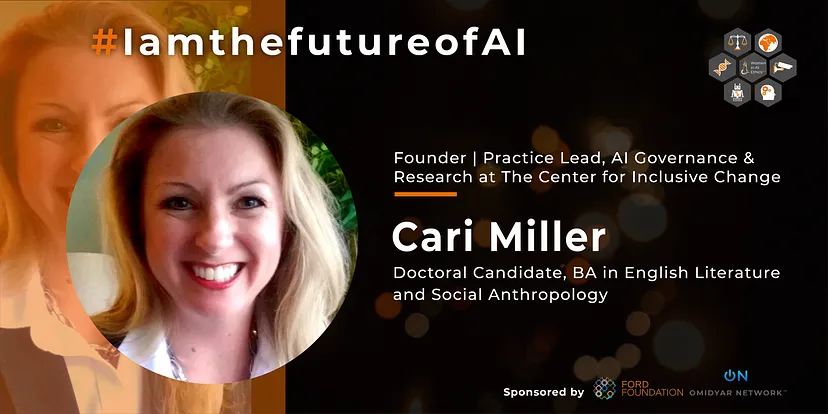
This interview is part of Women in AI Ethics (WAIE)’s “I am the future of AI” campaign launched with support from the Ford Foundation and Omidyar Network to showcase multidisciplinary talent in this space by featuring career journeys and work of women as well as non-binary folks from diverse backgrounds building the future of AI. By raising awareness about the different pathways into AI and making it more accessible, this campaign aspires to inspire participation from historically underrepresented groups for a more equitable and ethical tech future.
Can you share an incident that inspired you to join this space?
As I was working to place some Facebook and Google ads around 2015–2016, I realized that the algorithms were using the same “techniques” to target ads for dog food and high heels as they were for housing and employment. Hence, clear discrimination was occurring. That was NOT ok with me.
How did you land your current role?
I worked in corporate strategy for various marketing/advertising firms for 20+ years. I used a TON of big data to solve problems. I loved it, but there was gender discrimination. So I quit. I started a science activity center for kids. #passionproject. It was awesome!! Then Covid hit, and I had to shut down. Rather than being devastated, I turned to the ye’ ol’ bucket list and started working on my doctorate. Leaping off my MBA in marketing, my BA in international business, my love of big data, and my history of gender discrimination, I couldn’t stop obsessing over AI governance. As they say, if you love what you do…is it really work?
What kind of issues in AI do you tackle in your day-to-day work?
I focus on AI governance best practices relative to workplace and ed-tech AI. I prefer to spend most of my time on the buyer side of governance. There are plenty of people focused on the developer side. Unfortunately, there is a large gap in understanding the buyers/deployers have a lot of governance responsibilities to fulfill also in order to safeguard their stakeholders, brands, and operations.
If you have a non-traditional or non-technical background, what barriers did you encounter and how did you overcome them?
I am the first in my family to go to college. It is not lost on me that my great-grandparents were immigrants. My grandmother quit school in middle school, and my mom graduated high school and went straight to work. Working in the field of AI, at this level, is worlds away from the roots that got me here. However, I constantly remind myself that the work I do is critically important to exactly the vulnerable populations that made my life possible…and then some. This work is critical to so many people who don’t speak “AI” in their normal life but are directly impacted by it. I feel a duty to serve those people. I don’t know why. I just do.
Why is more diversity — gender, race, orientation, socio-economic background, other — in the AI ethics space important?
More diversity isn’t unique to AI ethics. More diversity is simply good for the world. Diverse perspectives push our thinking into territories our itty-bitty minds don’t normally travel. It takes a wide array of people to build a beautiful, rich tapestry that’s representative of the whole of humanity.
One small example of AI ethics is the autonomous vehicle that didn’t recognize the stop sign because there was graffiti on the sign. Had the developer employed (or just asked) AI engineers from different socio-economic backgrounds, they would have been more likely to train the ML to recognize road signs WITH and without graffiti.
What is your advice to those from non-traditional backgrounds who want to do meaningful work in this space on how to overcome barriers like tech bro culture, lack of ethical funding/opportunities, etc.?
We find our tribe and get engaged. There are lots of little (and big) groups of like-minded individuals out there. All Tech is Human, ForHumanity, IEEE working groups, tons of LinkedIn communities, etc. that are open and welcoming, that offer kinship, that offer learning opportunities, that offer networking, and more. If we can power through the imposter syndrome, which by the way, we all have, then all you have to do is take one little baby step, join a group, join a committee, join a slack channel, and start chatting. The rest is about following your gut, setting your bounders, and sticking with the people that respect your ideas.
With more than 25 years of organizational design and change management expertise, Cari Miller has successfully guided companies, departments, and teams through complex cultural improvement initiatives, human capital alignments, business strategy shifts, system implementations, process overhauls, product launches, deep-data analysis projects, and executive repositioning efforts positively impacting thousands of employees, clients, and supply-chain partners. Her unique approach to navigating the ubiquitous nature of operational conditions coupled with strategic communications within every action (and decisive non-action) has delivered successful outcomes across the board.
Cari Miller has started 5 companies, worked with some of the largest brands in the world, and has built a loyal following of those who share her passion for equality in the workplace and in STEM. She earned a bachelor’s degree in international studies minoring in Spanish cultural studies, an MBA in Marketing and Communications, and is currently pursuing a Doctorate in Business Administration.
Connect with her on LinkedIn.
